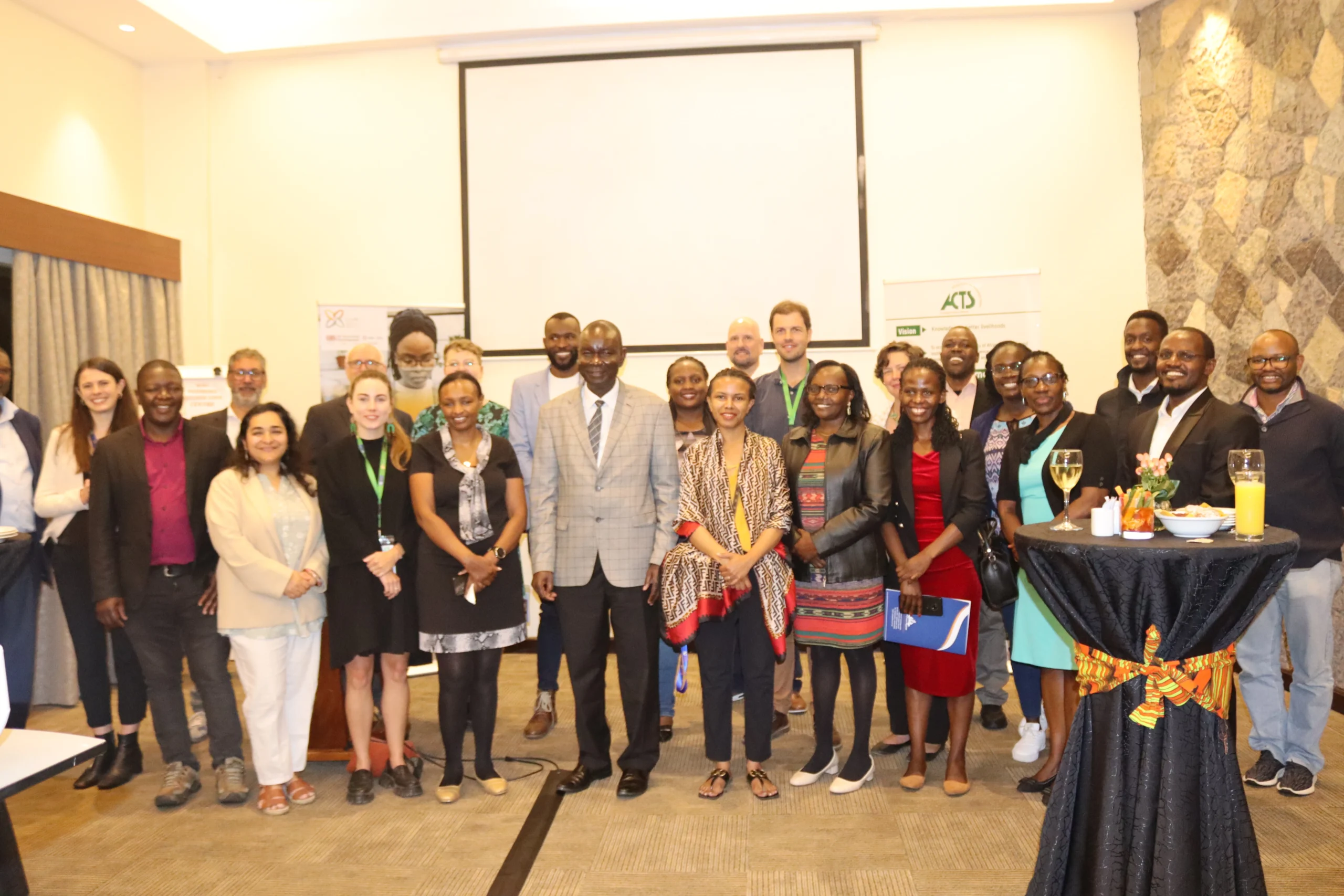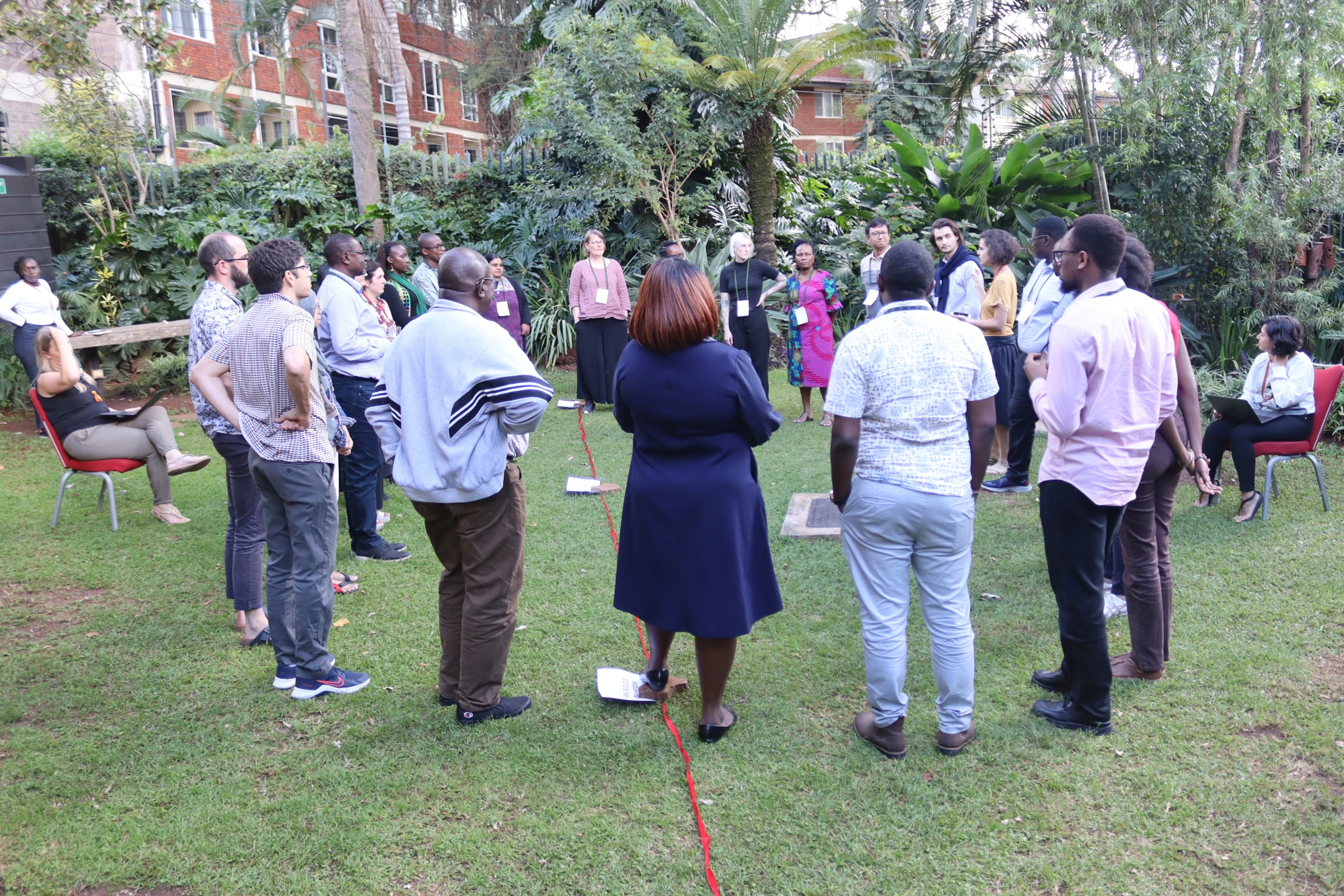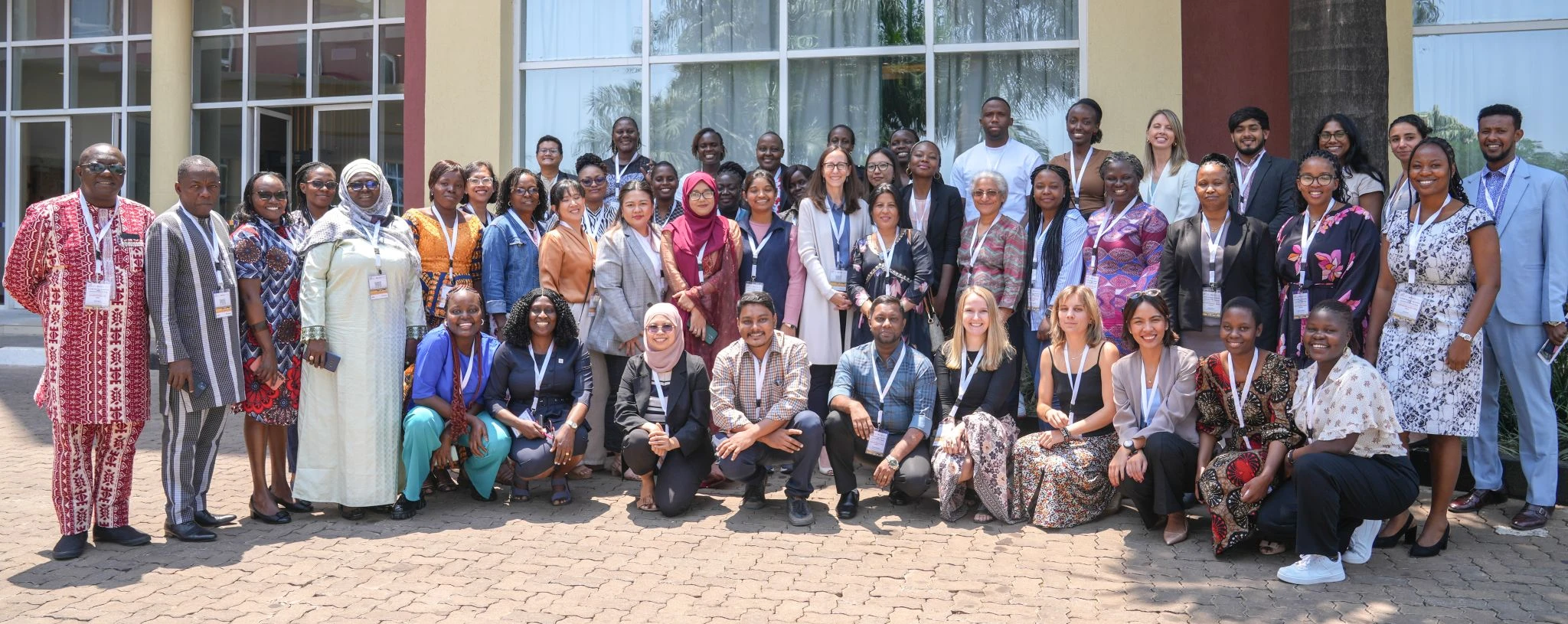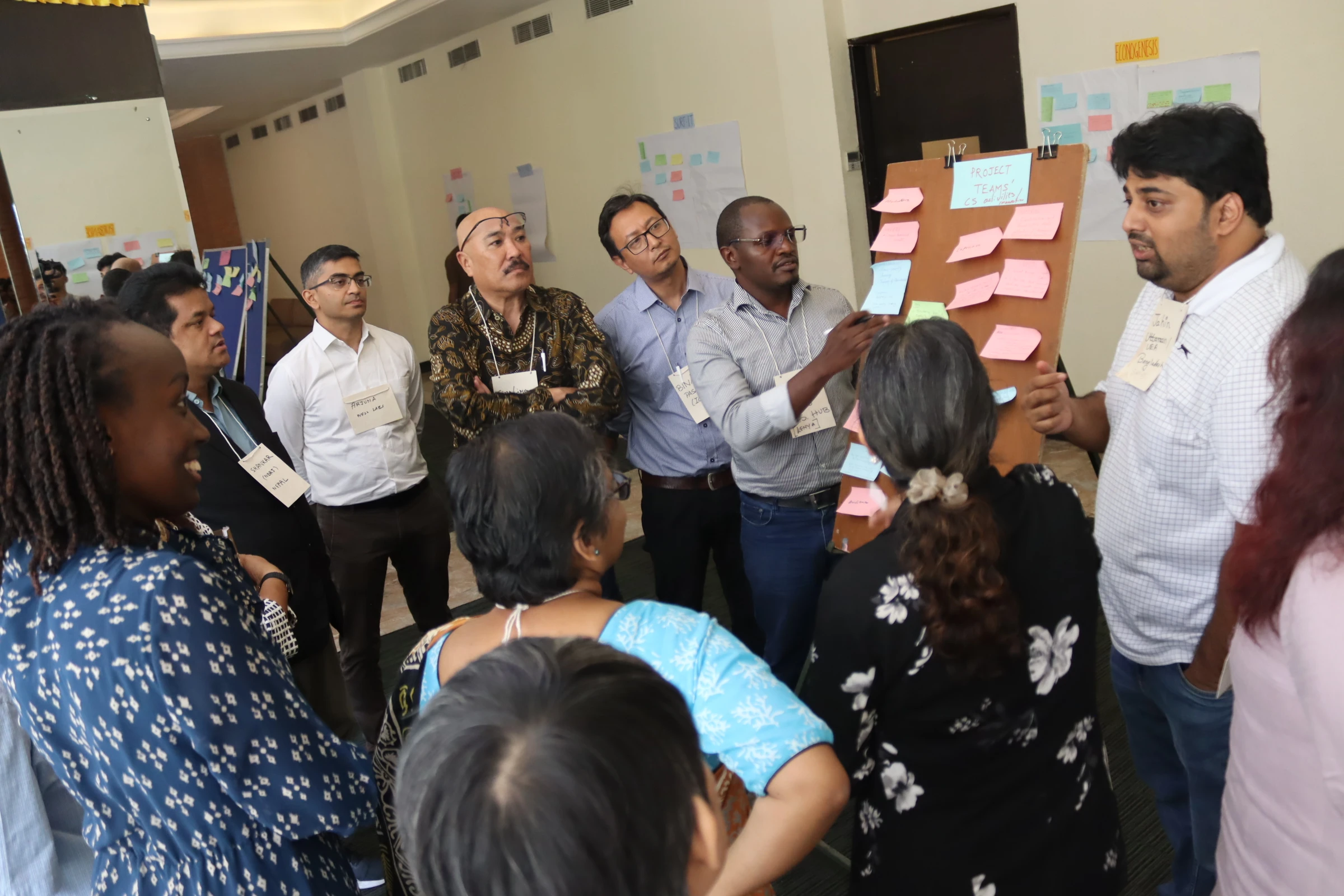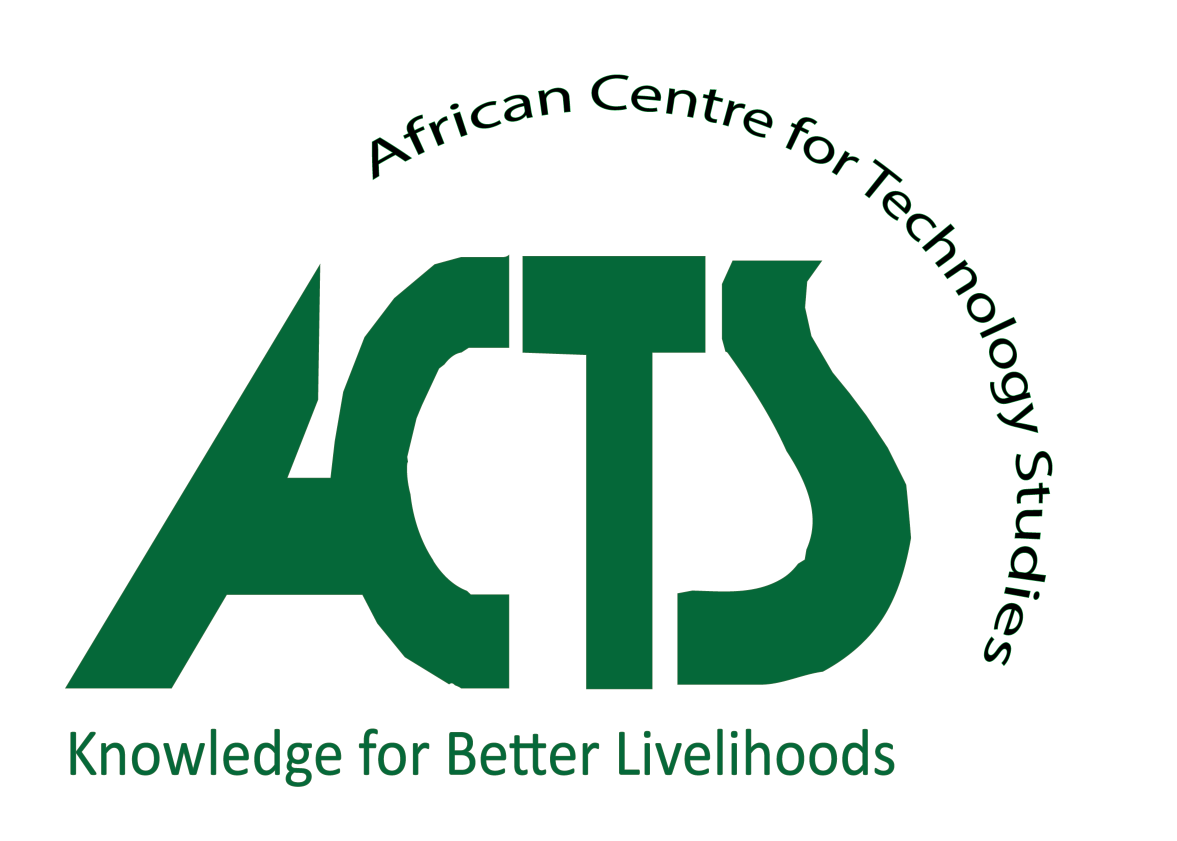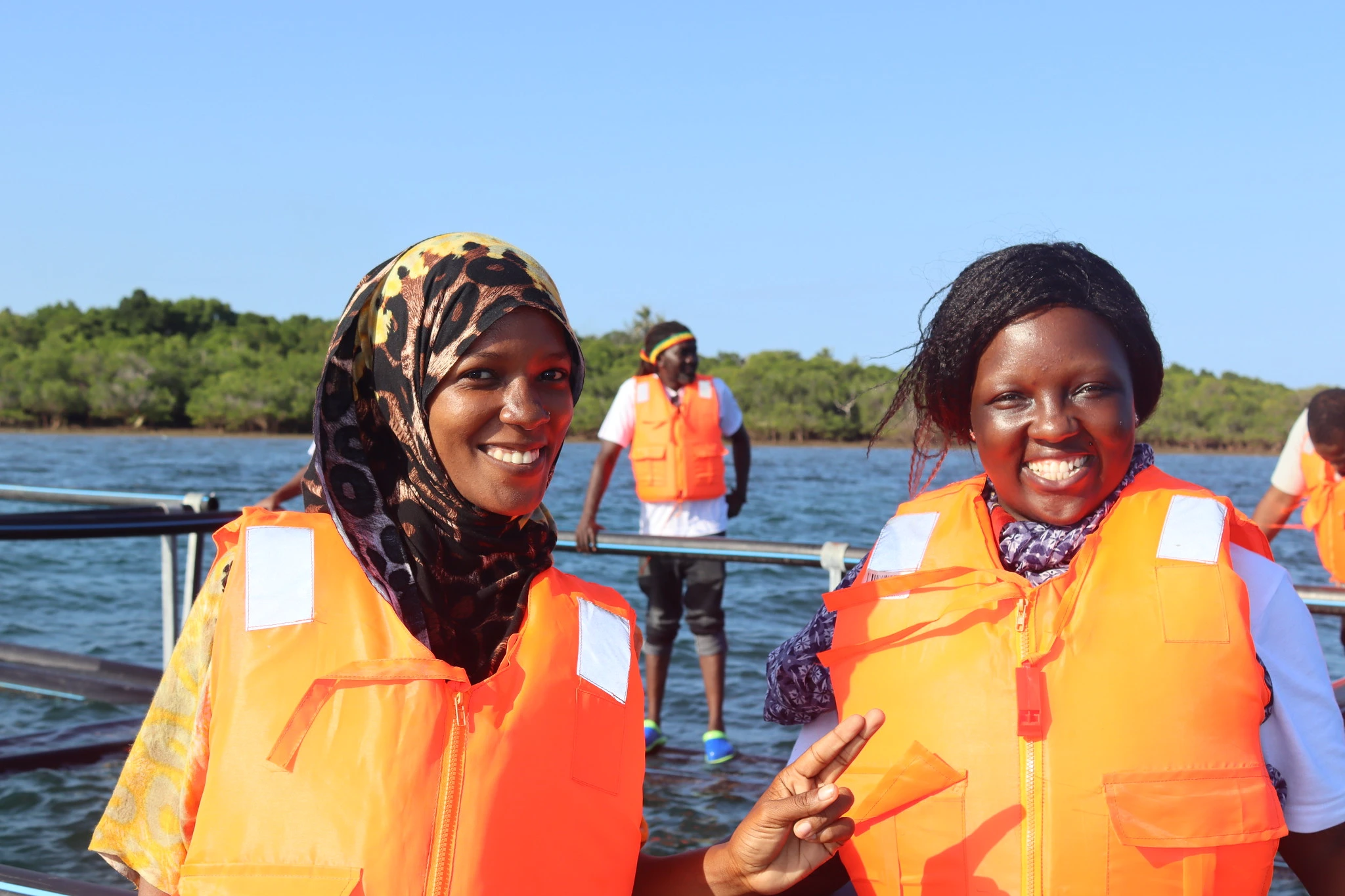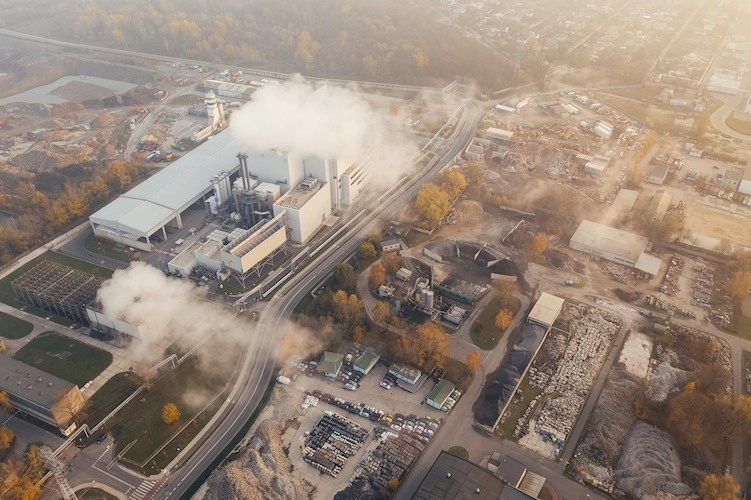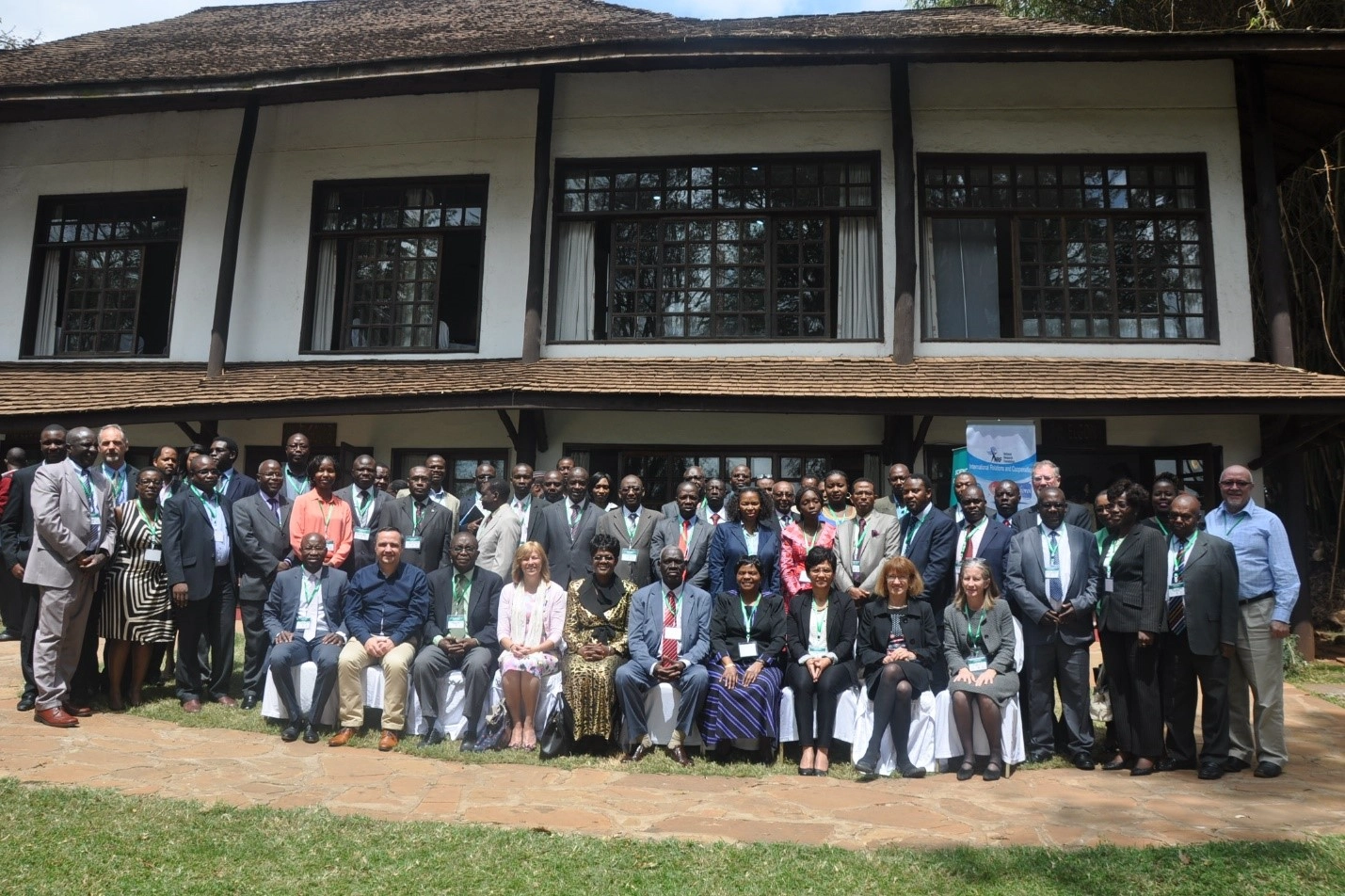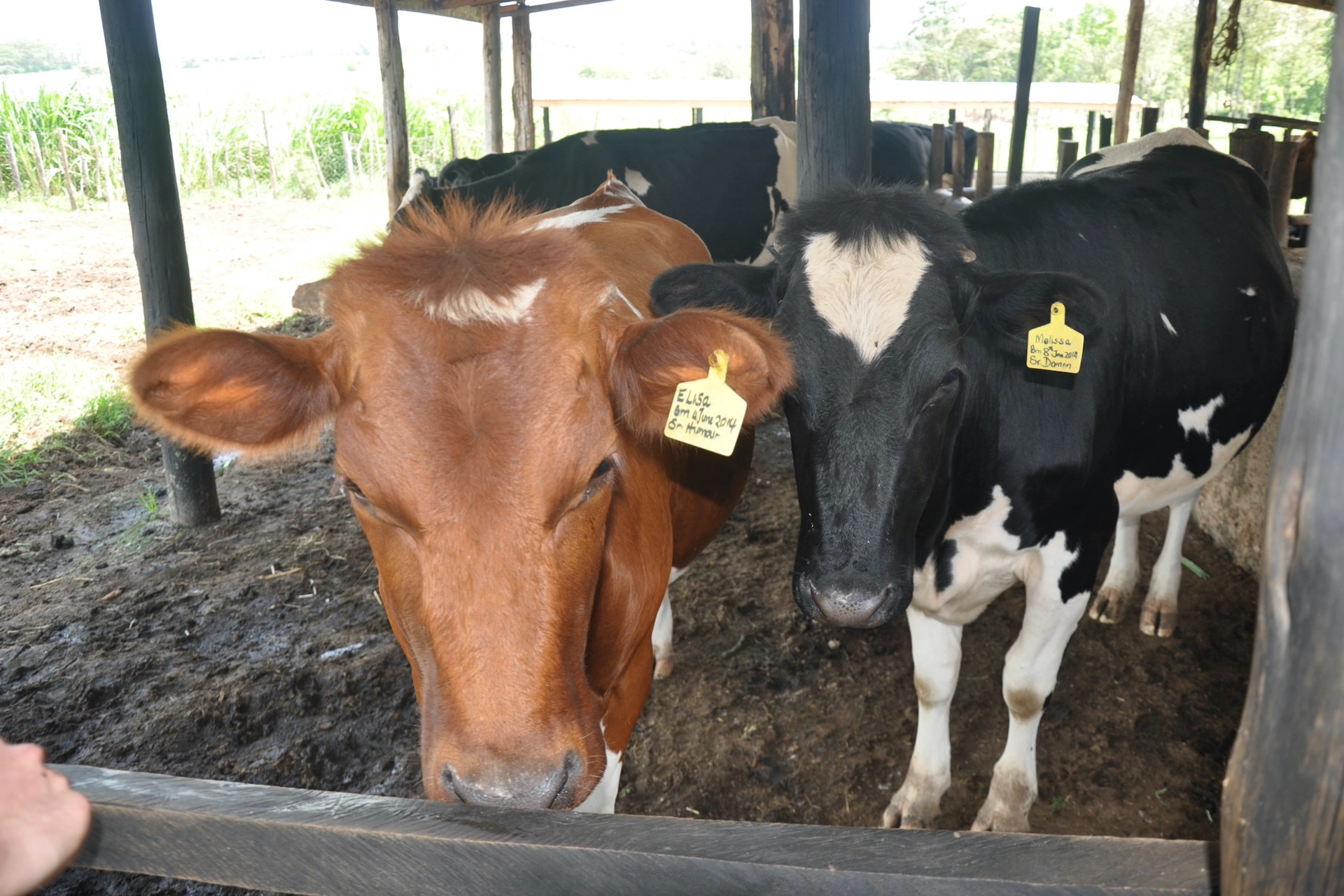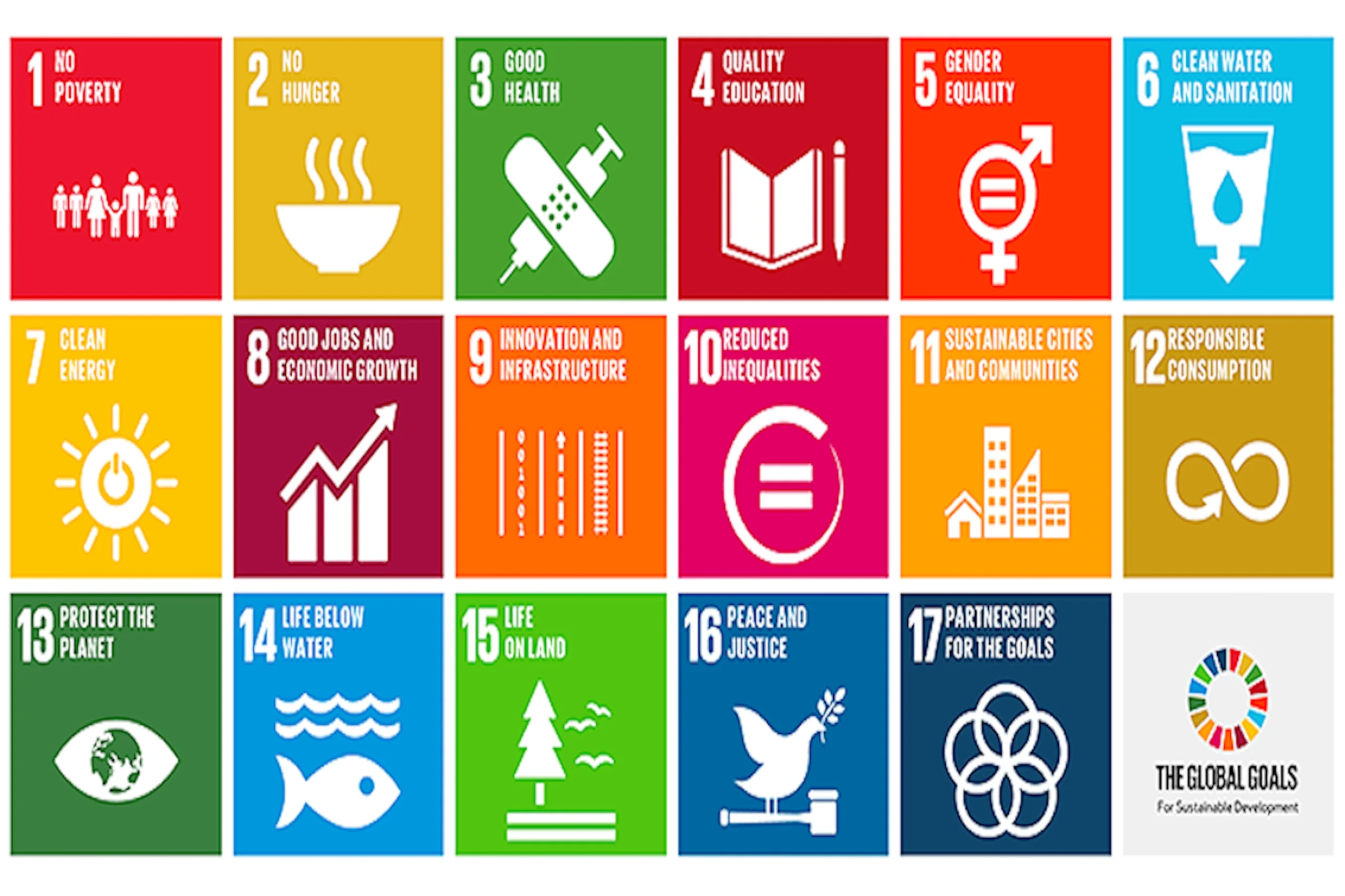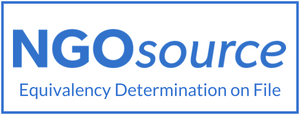The Climate Adaptation and Resilience (CLARE) research programme is an initiative co-designed and jointly funded by the United Kingdom (UK) Foreign, Commonwealth and Development Office (FCDO) and Canada’s International Development Research Centre (IDRC). CLARE is an ambitious 5-year initiative (2022-2027) adopting an action-oriented research approach to enable socially inclusive and sustainable action to build resilience to weather, climate change and natural hazards and related threat multipliers in the Global South (across Africa and the Asia-Pacific). A core strategy for achieving CLARE’s long term impact is to ensure knowledge and evidence generated are taken up and used/actioned to increase the resilience of vulnerable communities that comprise heterogeneous groups.
The programme has three overlapping research themes
- Understanding climate risk.
- Risk-informed early action, and
- Developing in a changing climate.
In 2022, FCDO and IDRC selected 16 projects, through an open competitive two-stage call process, including nine smaller projects (budget up to CA$1.5M) with one lead institution, and seven larger projects (budget up to CA$8M) with up to three lead institutions. The research projects range in duration from 36 to 42 months and are now under implementation. The capacity strengthening hub (CS hub), hosted by PAACTS constituting PlanAdapt (PA) and African Centre for Technology Studies (ACTS) will support the CLARE programme and projects, to provide capacity support and relevant resources, to identify and help to share capacity, knowledge and learning across the portfolio; and connect with capacity strengthening efforts in the broader CLARE ecosystem. In collaboration with IDRC, the Hub will also engage with capacity strengthening focal points from each project to inform and co-design capacity strengthening opportunities and to collate lessons on how to best strengthen capacity through research projects.
Purpose of the CS Hub
The purpose of capacity strengthening in CLARE is to enable researchers, practitioners, users (including those disseminating research, such as journalists) and decision-makers to drive adaptation action and build a more resilient future for those most impacted by climate change. As such, capacity strengthening efforts are based on a commitment to recognize and, wherever possible, work with existing capacity and initiatives in the global South to leverage resources and synergies; promote gender equity and inclusion (both to do transformative research and advance gender equity and inclusion as an outcome); and address structural and organizational barriers to Southern leadership. As such, the target audience of the hub’s initiatives are researchers, knowledge brokers, and other climate action stakeholders covering individual CLARE project teams, stand-alone CS initiatives, as well as the overall CLARE programme.
In Pictures
